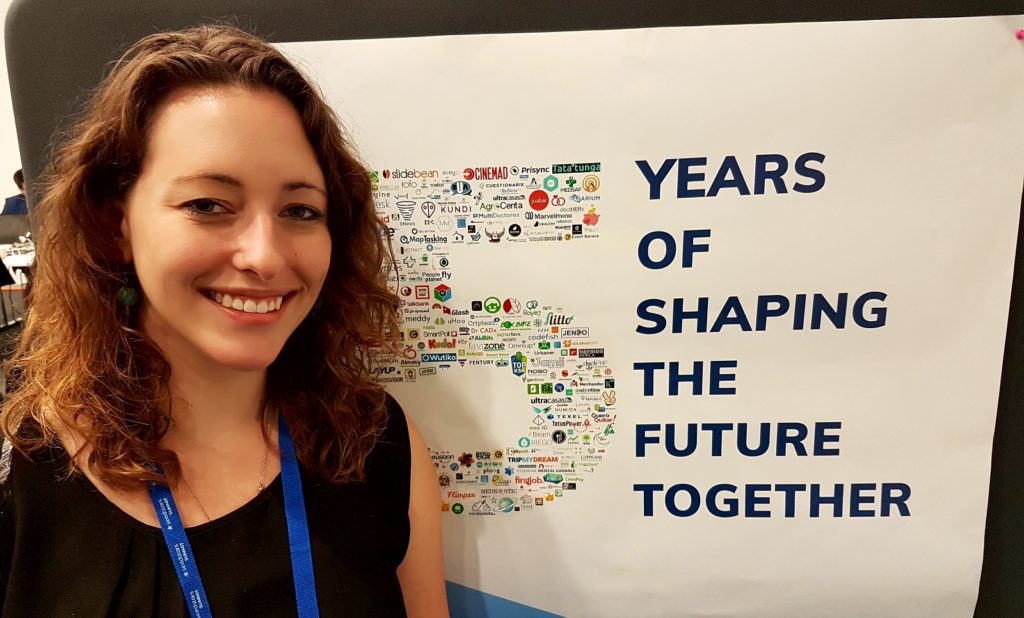We all have them. Those apps we open without thinking. Not because we need anything in particular, but because they feel… safe, in some…
Investors biased towards expat founders says American behind Kenya’s M-Shule

Foreign investors who invest in African startups are biased towards funding expat founders, says a US-born entrepreneur running an edtech startup in Kenya.
Claire Mongeau, who is originally from Boston in the US and is the co-founder of M-Shule, reasons that what is behind the bias is that many foreign investors favour entrepreneurs that pitch and hold meetings “like they do”.
“There is a big challenge when it comes to startups in many places in Africa, that the funding and the investment is very often coming from outside — from US or European investors — and I think they have a bias definitely towards those that look and talk like them,” says Mongeau.
Her comments — made at the 2018 Seedstars Summit in Lausanne, Switzerland earlier this month — follow an article last month in Kenyan tech site Techmoran which held that most of the country’s startups that have received investment of late are based in Kenya but registered elsewhere by expatriate founders. These it said include Twiga Foods, Fuzu, Zumi, and M-Kopa.
Mongeau founded M-Shule with Kenyan developer Julie Otieno in Nairobi in 2016 after the two met at an Edtech East Africa meetup pitching event in Nairobi. Up to that point she had been working in the non-governmental organisation (NGO) sector in Nairobi, Kenya for about two years.
The startup has an SMS and web-based learning management platform which makes use of artificial intelligence to design tailored learning experiences. It was designed to handle 144 million primary school students across Sub-Saharan Africa.
I think they have a bias definitely towards those that look and talk like them, says M-Shule founder Claire Mongeau
“I had an idea and had been speaking to some schools to do some research and it was kind of what I wanted to do, but I didn’t have any actual products. Then Julie had a background in building SMS learning platform and he’d build this adaptive learning bot on the side and he’d just been kind of pitching on that,” she said.
In July last year her startup announced that it had received a cash investment worth $40 000 from Canadian seed-stage investor Engineers Without Borders Canada (EWB). Since the two founded the company, the startup has netted more than $70 000 in funding.
Read more: Kenyan startup M-Shule gets investment from Engineers Without Borders
Mongeau says she doesn’t go out into the field much, because she’s not the best person in her team to collect field data, but adds that she’s learnt the importance of including local talent on the her team — which is currently made up of eight people, including her. The current team is eight people — plus two fellows from Engineers Without Borders, says Mongeau.
Yet despite a number of startups in Kenya having been founded by expats, she says locally-born founders have been quite supportive.
Says Mongeau: “I don’t get alot of people saying like ‘oh what are you doing here, you’re free-loading off of this opportunity’. I just get people like being, ‘are you making sure that you are building something that your customers need’.”
Featured image: M-Shule founder Claire Mongeau pictured at the 2018 Seedstars Summit
Ventureburn was a guest of Seedstars at its annual world summit which took place earlier this month in Lausanne, Switzerland.

